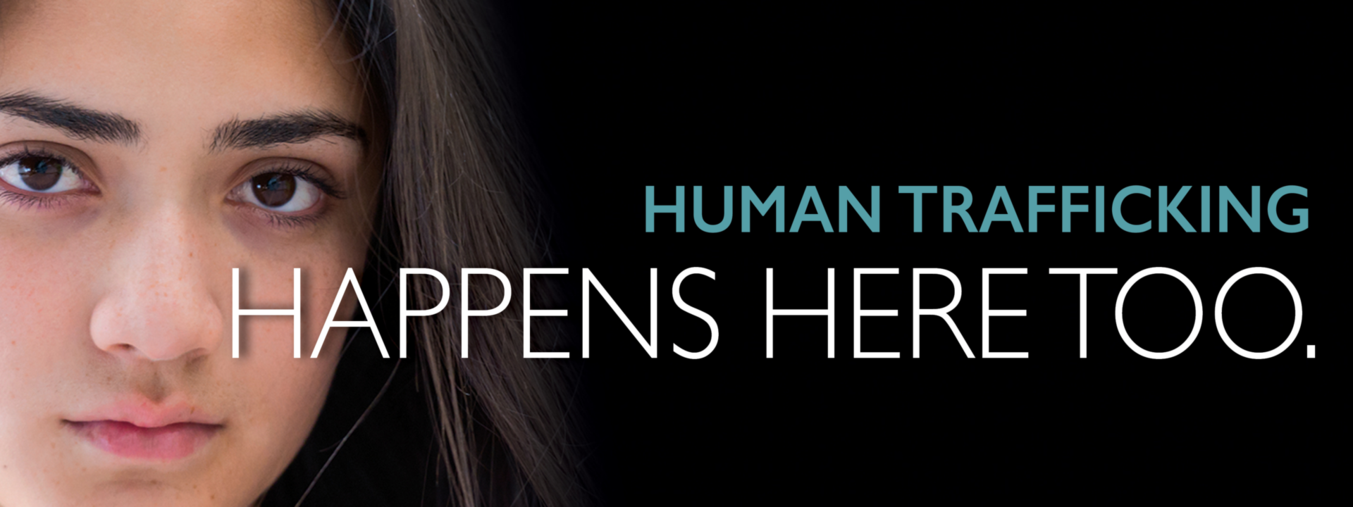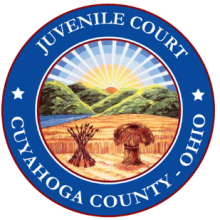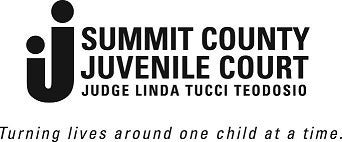The U.S. Department of Justice defines human trafficking as a crime involving the exploitation of a person for labor, services, or commercial sex. Youth under the age of 18 recruited, harbored, obtained, transported, or solicited for the purpose of a commercial sex act are considered victims of sex trafficking.
The Begun Center for Violence Prevention Research and Education partners with Cuyahoga and Summit Juvenile Courts to evaluate their responses to youth who have experienced or are at-risk for this grave violation of human rights.
Cuyahoga County Juvenile Court’s Safe Harbor Docket
Research Team: Jeff Kretschmar, PhD; Ashley Bukach, MPH
The Cuyahoga County Juvenile Court’s Safe Harbor Docket is a voluntary diversion program for minors who are at-risk for/survivors of human trafficking. This specialized Docket provides wrap-around support services to promote healing, empowerment, and family engagement. Services include trauma-informed treatment services, case management, counseling, mentoring, educational sessions, and community involvement.
The Safe Harbor Docket contracts with the Begun Center to develop and adapt data collection plans and tools to measure the processes and outcomes of the Docket. As part of that process, the Begun Center evaluates data for Docket participants related to their human trafficking victimization risk and knowledge, mental health symptoms, substance use, education, social support, resilience, recidivism, and experiences with the Docket. Key data from the participants’ mentors and parents/guardians are also used to supplement the evaluation.
Summit County Juvenile Court Restore Court
Research Team: Jeff Kretschmar, PhD; Ashley Bukach, MPH
Summit County Juvenile Court’s Restore Court, a program dedicated to juvenile victims of human trafficking and youth at high risk for being trafficked, is Ohio’s first Supreme Court-certified specialized docket for juvenile victims of human trafficking. Based largely on the Safe Harbor statute, the program permits the court to focus more on the juvenile’s status as a victim than on the conduct that brought the juvenile before the court, thus serving as an alternative to criminalization. Successful completion of the program can result in charges being dropped.
Critical components of the Restore Court program include:
- Specially trained probation officers, case managers, and guardians ad litem assigned to each youth;
- Mental health and substance abuse treatment;
- Mentoring through Rahab Ministries;
- Frequent and random drug testing;
- Connection to pro-social activities;
- Education and employment assistance; and
- Use of incentives and sanctions to support youth in progression toward achieving goals and program completion.
The program consists of three phases and each participant assists in creating her/his personal case plan and treatment objectives. The Begun Center provides evaluation support to the Court, and gathers data related to participants’ problem severity and functioning, substance use, educational outcomes, trauma symptoms, recidivism, and perceptions of Restore Court.
Other Work
Begun Center Director Daniel J. Flannery, PhD serves on the Board of Directors for the Collaborative to End Human Trafficking.
Publications
Kretschmar, J., and Teodosio, L. (2018, November). How Ohio’s Restore Court Focuses on Helping Sex Trafficked Youth. Juvenile Justice Information Exchange.
In the Media
Community partnership helps human trafficking victims. CWRU Observer, December 2018.




